Why is the international profile of partners an asset to the project ?
Genome editing technologies based on CRISPR/Cas systems allow targeted genomic modification with unprecedented precision and have emerged as powerful alternatives to the conventional gene therapy approaches for various human diseases, with a series of clinical trials in progress.
However, some crucial challenges remain to be addressed to enhance efficiency and safety and decrease costs of treatments. Current viral-based delivery systems are associated with high risk of toxicity and immunogenicity and remain highly expensive.


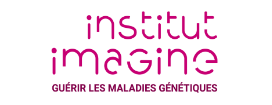
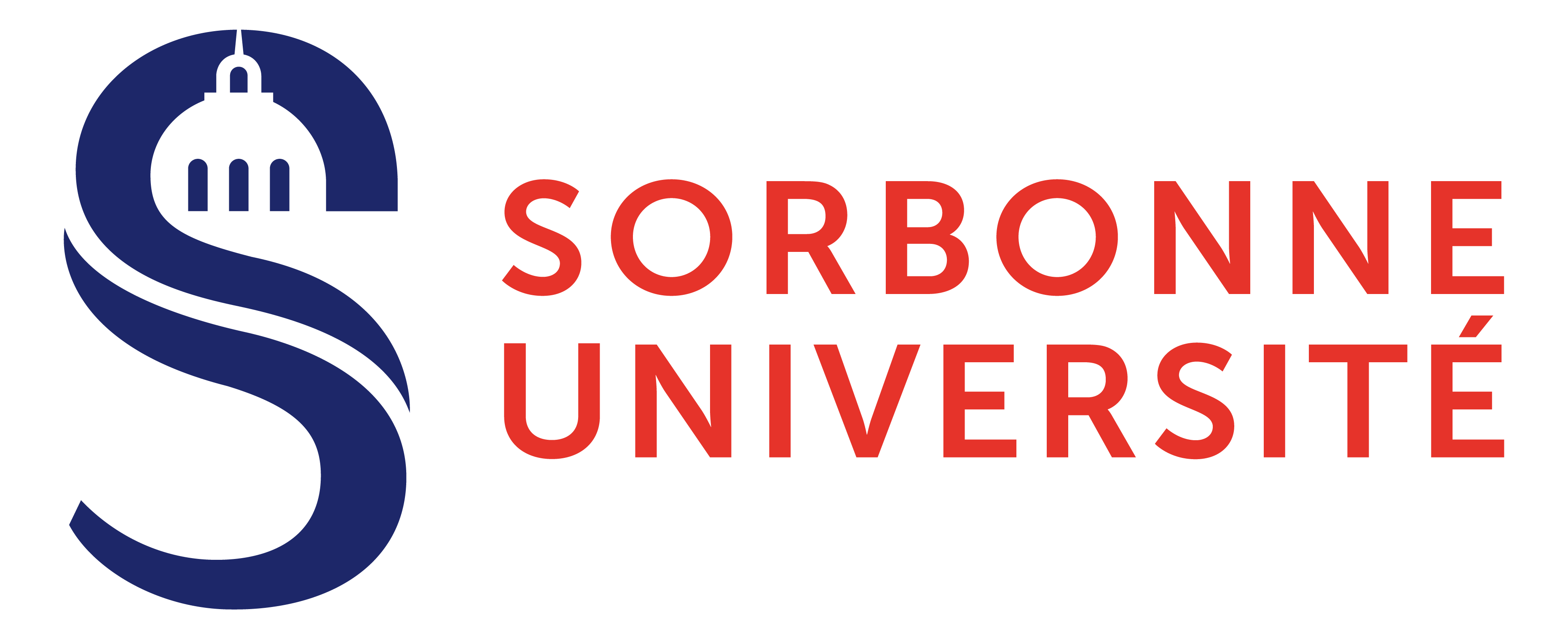



ERASMUS MC
Erasmus University Medical Center Rotterdam (EMC) is committed to a healthy population and excellence in healthcare through research and education.
EMC has been awarded the “HR Excellence in Research” by the European Commission. This recognizes institutions that perform good practices in recruitment and hosting of researchers. EMC has broad expertise in various research fields, ranging from fundamental and clinical domains to public health and prevention.
Bibliometric indicators place EMC in the top 20 of clinical medicine worldwide. In addition to scientific research, patient care and education are core tasks of EMC. It is the top referral center for a region of about five million inhabitants and the largest medical school in The Netherlands, with around 3,500 medical students and 250 PhD graduates annually.
The EMC Department of Cell Biology has over 100 scientific staff; the Philipsen group focusses on molecular control of erythropoiesis. www.erasmusmc.nl

Sjaak Philipsen obtained his PhD in 1988 from the State University of Groningen (NL). There, he studied estrogen-dependent induction of chicken yolk protein genes in the liver.
He was awarded an EMBO long-term fellowship and joined the National Institute for Medical Research (London, UK) to functionally dissect the beta-globin Locus Control Region.
In 1993 he moved to Erasmus MC (Rotterdam, NL) to study developmental regulation of the beta-like globin genes.
Recently, he expanded these investigations to include gene editing approaches in human erythroid cells, with the aim to develop novel therapies for beta-thalassemia and sickle cell disease patients.


INSTITUT NATIONAL DE LA SANTÉ ET DE LA RECHERCHE MÉDICALE
The main objective of the lab Structure and Instability of genomes is to characterize genome functions and evolution and their responses following perurbations such as environmental stresses, in a physiological or pathological context.
Several topics are addressed across teams: DNA repair mechanisms and development of cutting-edge technologies in genome editing (Carine Giovannangeli / Jean-Paul Concordet team), the evolution and functions of repeated DNA sequences, the role of epigenetic mechanisms in adaptation phenomena.
The lab also includes the TACGENE genome editing facility supported by Ibisa and Celphedia French national infrastructures.


Carine Giovannangeli has long-standing expertise in biophysics and biology of nucleic acids and Jean-Paul Concordet in genetics and developmental biology in animal models.
These last few years Carine Giovannangeli and Jean-Paul Concordet worked together on optimizing genome editing methods using CRISPR/Cas systems by characterizing the DNA repair mechanisms associated with nuclease driven genome modifications.
Their group has contributed to different improvements and novel applications of Genome Editing, including methods for precise genome editing in different biological systems (cells, zebrafish, rat, jellyfish…) and studies of oncogenic translocations. They were among the first in France to set up a platform dedicated to genome editing, TACGENE.
Recently the group expands its studies of DNA repair mechanisms to tardigrades, animals known for their exceptional resistance including to genotoxic stresses, with the goal to examine the molecular basis of tardigrade genome resistance.


Institut Imagine
Institut Imagine is the first european center for research, care and teaching on genetic diseases.
With the mission of understanding and finding a cure for these diseases, the Institute brings together 1,000 of the best clinicians, researchers and healthcare personnel in an architecture that creates synergies between teams. It is this expertise together with the proximity with doctors and patients, thath allow Imagine to make discoveries for patients.
The 8,000 genetic diseases that have been identified affect 35 million patients in Europe, and almost 3 million in France, where 30,000 new cases are diagnosed each year.
Nearly 50% of children leave consultation without a genetic diagnosis and 85% of genetic diseases have no cure. Faced with this major public health issue, the challenge is doubled: to diagnose and find a cure.


Dr. Annarita Miccio, is the head of the “Chromatin and gene regulation during development” lab (Imagine Institute, Paris) and Research Director at INSERM. Dr. Miccio is an expert in the transcriptional control of hematopoiesis, and the development of therapeutic approaches to β- hemoglobinopathies.
In particular, she developed lentiviral vectors currently employed in clinical trials for β-thalassemia and SCD and developed CRISPR/Cas9 strategies for these diseases.
She is the author of 50 publications and 13 patents. She has coordinated/participated in numerous projects, e.g., funded by ANR, AFM and EU. She has received the Sanofi Innovation and the ASGCT Outstanding New Investigator Awards.

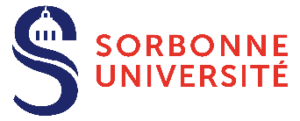
SORBONNE UNIVERSITE
Sorbonne University is a world-class research university, presenting the comprehensive disciplinary range of arts, humanities, social sciences, natural sciences, engineering and medicine. With 8,500 publications per year (approx. 10% of all publications in France), Sorbonne University is a major player in international knowledge and innovation economy.
The Institut de la Vision hosts on the same site, fundamental, clinical and industrial research. It is set up in the heart of Paris within the campus of the Quinze-Vingts National Hospital, which allows scientists to work hand-in-hand with clinicians. Its main building of 6000 m2 harbors 21 research teams (~280 researchers) working on different vision-related topics, with a focus on vision diseases (e.g., age-related macular degeneration).

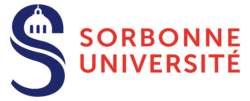
Filippo Del Bene is the head of the team “Development and function of the vertebrate visual system” at Institut de la Vision in Paris. He has made key contributions to the understanding of molecular processes that control the development of neural circuits in the larval zebrafish visual system.
His approaches combine molecular genetics with functional imaging and behavioural analyses to reach a multiscale view of the function and development of the retina and visual neuronal circuits. F. Del Bene has investigated retinal stem cells differentiation and the molecular mechanisms that control the formation of the mature neuroretina focusing on the important interplay of intrinsic factors determining cell fate, complex tissue interactions and local redox signaling.
His lab has pioneered the use of CRISPR/Cas9 techniques developing a strong know-how to generate genetic models in zebrafish.


ZECLINICS
ZeClinics is a biotech Contract Research Organization (CRO) and early-phase biopharmaceutical (PHARMA) company using zebrafish for safety and efficacy screenings of novel chemical molecules and functional genomics. The company ́s core competencies are: 1) CRISPR-mediated genetic disease models, 2) High Throughput Screening (HTS) of novel molecules, 3) Translational neuroscience, 4) Toxicity and efficacy assays.
ZeClinics’ scientists rely on a huge understanding of zebrafish biology and its experimental manipulation. We combine this expertise with the use of automated equipment and data analysis solutions powered with artificial intelligence.
This combination provides high experimental throughput and reliability of experimental data. Based on this, ZeClinics provides a comprehensive portfolio of toxicity, genetic and efficacy services – disease modeling, target validation, drug efficacy screening and chemical safety assessment. The use of zebrafish larvae fulfills the purpose of reducing, refining and replacing the use of experimental animal models. It fully aligns with the policies proposed by the EU Reference Laboratory for alternatives to animal testing (EURL-ECVAM).
ZECLINICS, THE BRAND (optional):
- Leading CRISPR-licensed CRO using zebrafish as a model for drug discovery.
- Beneficiaries of the exclusive Horizon2020 SME Instrument, phase II grant.
- Global clients in pharma and academia across Europe, North America, Asia and Middle East.
- Diversified services ranging from safety and efficacy studies to disease model generation.
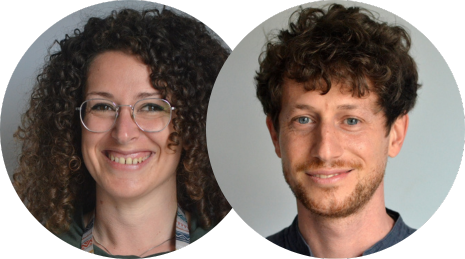

Flavia De Santis: Flavia obtained her master degree in medical biotechnologies from the university of Bari (Italy).
She pursued her scientific education at the Institute Curie (Paris), obtaining a PhD in neuroscience. During her doctorate, she focused her research on the study of the mechanisms underlying the establishment of neural circuits, in zebrafish and, in parallel, she worked on the implementation of innovative CRISPR/Cas9-based genome engineering approaches.
She was then awarded a Torres Y Quevedo post-doctoral fellowship in order to join Zeclinics to develop zebrafish genetics models for biopharmaceutical applications.
Since 2021 she is the Head of the Genetics area of the company. In this position, she is responsible for the establishment of novel tools for functional genomics and phenotyping in zebrafish larvae.
Vincenzo Di Donato:
Vincenzo Di Donato is an Italian researcher, expert in genetics and molecular biology.
After a master’s degree in molecular biology at the University of Naples, he obtained his PhD in neuroscience from the Curie Institute in Paris, where he chose the zebrafish as an animal model to study the development of the visual system of vertebrates.
Through his work, he has helped establish novel CRISPR/Cas9-based gene editing techniques for the zebrafish community. In 2017 Vincenzo joined the ZeClinics team in Barcelona as a postdoc to subsequently fill the position of head of the genetics area as of 2019.
Since November 2020, he has held the position of Scientific Director of the company. In this position, he coordinates in the implementation of novel research areas and optimization of the existing service portfolio, establishment of scientific collaborations with partners and scientific communication with clients.